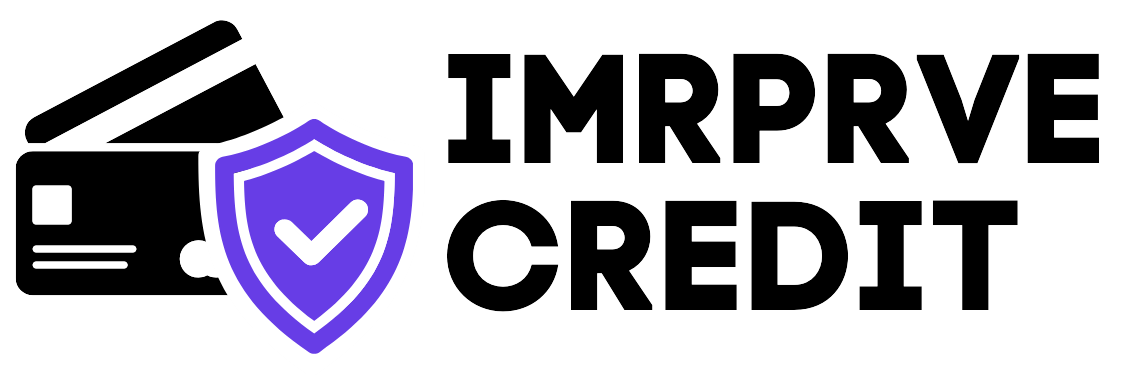Your credit score plays a pivotal role in your financial well-being, influencing everything from loan approvals to interest rates on credit cards. If you’re looking to enhance your creditworthiness, understanding the ins and outs of credit repair is essential. In this comprehensive guide, we break down the steps to mastering credit repair and achieving a healthier credit score.
Understanding Your Credit Score
Your credit score is a numerical representation of your creditworthiness, typically ranging from 300 to 850. It is based on factors such as payment history, credit utilization, length of credit history, types of credit accounts, and recent credit inquiries. A higher score indicates lower credit risk, making you more attractive to lenders.
Assess Your Current Credit Situation
Begin your credit repair journey by obtaining copies of your credit reports from all three major credit bureaus: Equifax, Experian, and TransUnion. Review each report carefully to identify any inaccuracies, such as incorrect account information, late payments incorrectly reported, or accounts that don’t belong to you. Disputing these errors promptly can potentially improve your credit score.
Create a Plan for Improvement
Once you’ve identified inaccuracies, create a plan to address them. Prioritize paying off outstanding debts and bringing any delinquent accounts current. Consider negotiating with creditors for settlement arrangements or payment plans if needed. Additionally, aim to lower your credit utilization ratio by paying down credit card balances and avoiding maxing out your available credit limits.
Utilize Credit Repair Strategies
Implement effective credit repair strategies to boost your credit score:
- Dispute Inaccurate Information: Submit dispute letters to the credit bureaus for any errors found on your credit reports.
- Negotiate with Creditors: Contact creditors directly to negotiate settlements or payment plans for outstanding debts.
- Establish Positive Credit Habits: Make payments on time, keep credit card balances low relative to credit limits, and avoid opening new accounts unnecessarily.
Monitor Your Progress
Regularly monitor your credit reports and scores to track your progress. Many financial institutions and credit monitoring services offer free credit score updates, making it easier to stay informed about changes in your credit profile. Look for improvements in your credit score over time as you implement your credit repair strategies.
Maintain Good Credit Habits
Achieving a good credit score requires ongoing commitment to responsible financial habits:
- Pay Bills on Time: Late payments can significantly impact your credit score negatively.
- Keep Credit Balances Low: Aim to use no more than 30% of your available credit limit on credit cards.
- Limit New Credit Applications: Each credit inquiry can temporarily lower your credit score.
Seek Professional Help if Needed
If navigating credit repair feels overwhelming or if you encounter complex issues, consider seeking assistance from reputable credit counseling agencies or credit repair services. These professionals can provide personalized guidance and help you navigate the credit repair process more effectively.
Mastering credit repair is a journey that requires diligence, patience, and commitment to improving your financial health. By understanding your credit score, creating a strategic plan for improvement, and implementing effective credit repair strategies, you can pave the way toward achieving a healthier credit profile. Start taking steps today to enhance your creditworthiness and open doors to better financial opportunities in the future.

